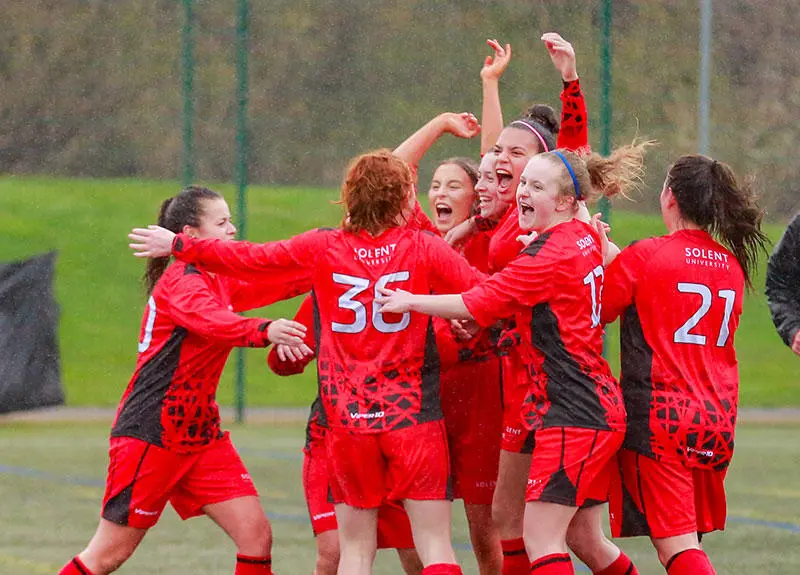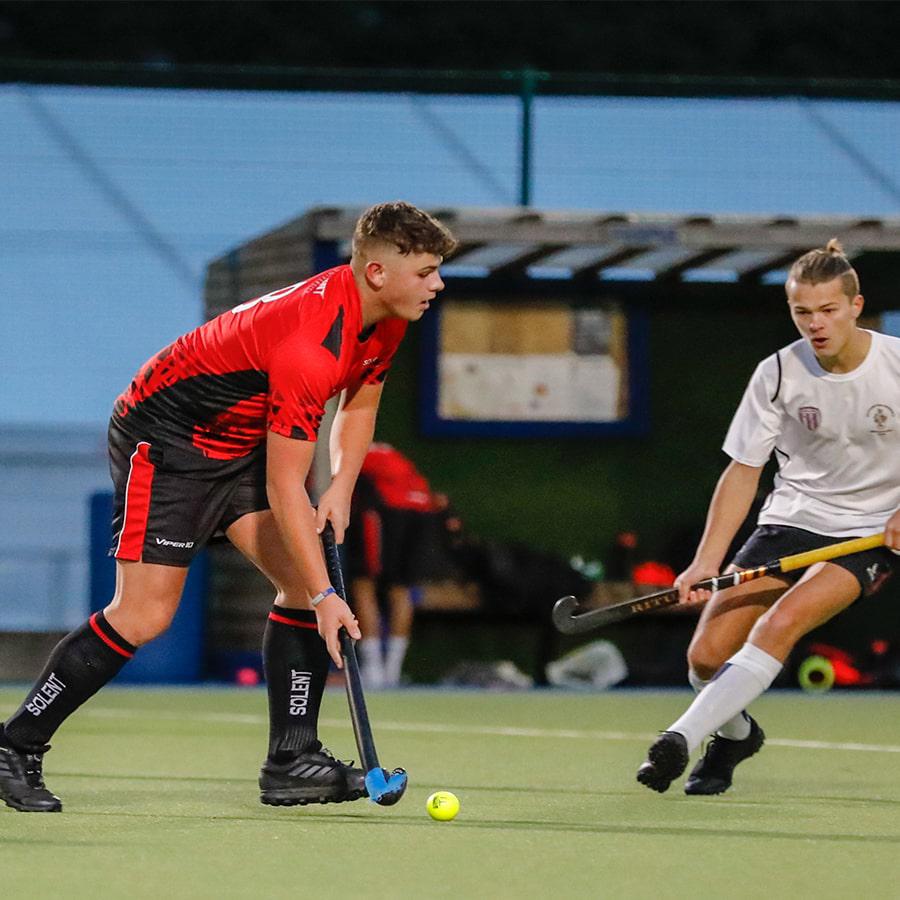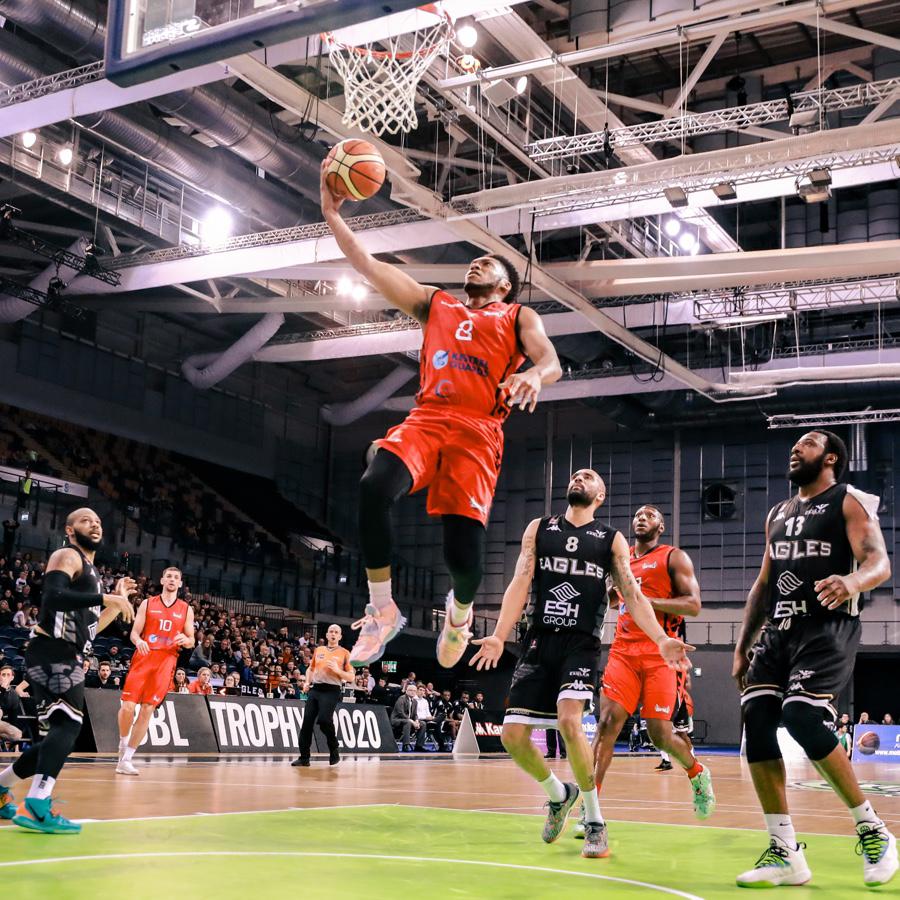Welcome
We're a sporting university, with national accreditations, such as TASS Dual Career, UKAD, and UK Athletics., and active teams at every level.
Whether you want to improve your sporting performance, have fun with friends, try something different, or even set up a brand new club, we've got everything you need to succeed.

Welcome
We're a sporting university, with national accreditations, such as TASS Dual Career, UKAD, and UK Athletics., and active teams at every level.
Whether you want to improve your sporting performance, have fun with friends, try something different, or even set up a brand new club, we've got everything you need to succeed.

Facilities
Solent Sports Complex
The Sports Complex supports and enables excellence in our sport, health, and fitness-related degree programmes, as well as associated teaching and research.
Facilities in the complex include two sports halls, two fitness studios, a general purpose gym, a high performance gym, health and fitness gym and sport and exercise therapy clinical space.
But that's not all...
Our Test Park Sports Ground enables students on our football degrees to carry out the practical training elements of their course. And with a 3G all-weather floodlit pitch, FA level floodlit football pitch, and floodlit rugby pitch, Test Park also hosts football, rugby and American football training sessions and fixtures, as well as local community clubs and academies.
View our sport facilities


Gym memberships
Work towards your fitness goals with a monthly gym membership or day pass at an affordable price and with no joining fee - available for students, staff and the general public.







